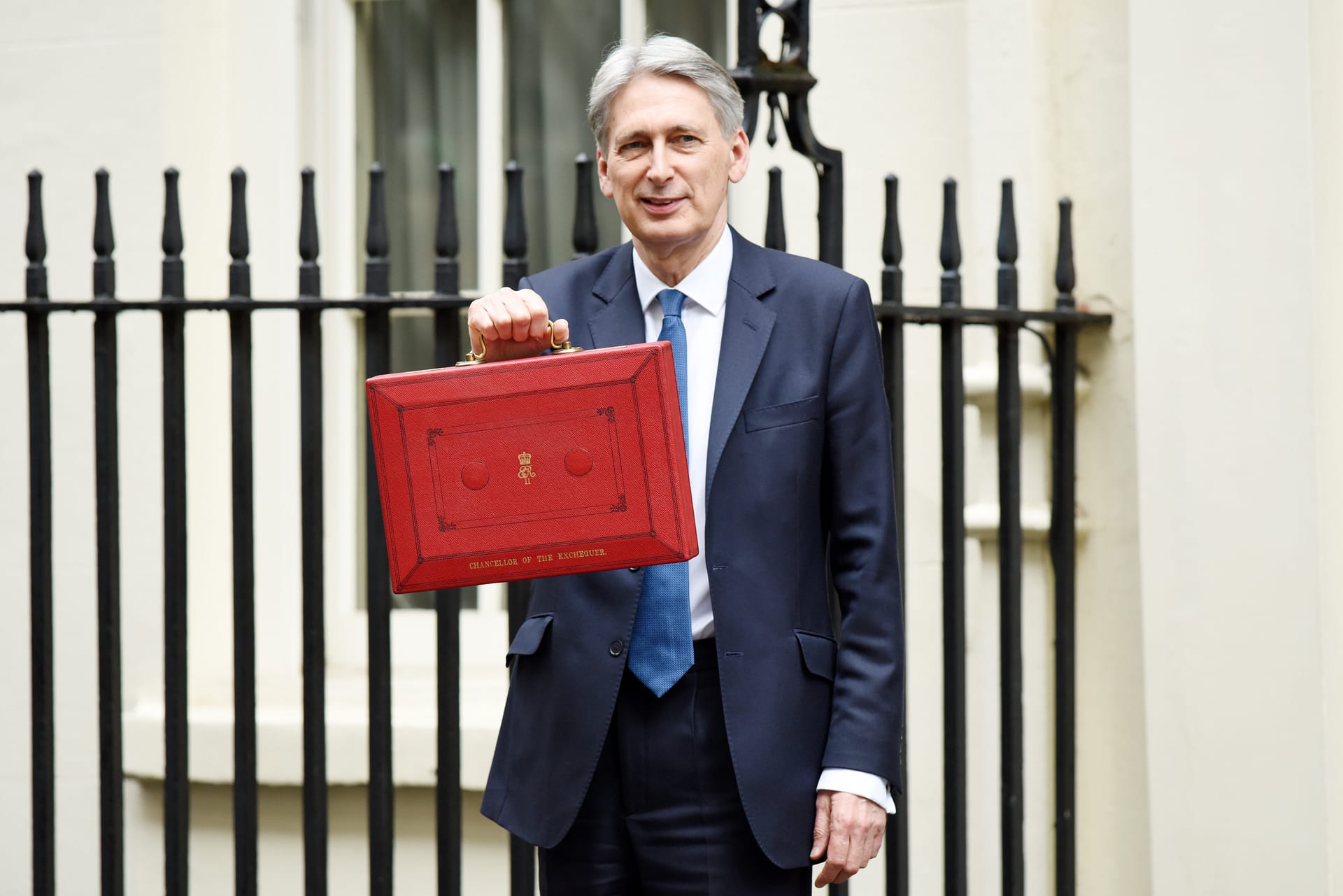The reported arrest of a man on suspicion of defrauding the government’s furlough scheme out of nearly half a million pounds could just be the tip of the iceberg says leading tax and advisory firm Blick Rothenberg.
Fiona Fernie, a tax dispute and resolution partner at the firm said, “HMRC has started investigations into companies and individuals that it believes have fraudulently made claims under the Coronavirus Job Retention Scheme (CJRS), which has paid out more than 27bn.
She added, “The Government now intends to clawback as much money as possible from those whose claims were wrong. Nobody who has received these grants should be complacent, the proposals for clawback are not confined to instances where the claim was fraudulent – it applies to cases where there has been a lack of proper care as well. Now is the time to ensure that claims under the CJRS are accurate.
“The Government is proposing that the grants are taxable so that where the recipient should not have been entitled to the grant in the first place or has used the funds inappropriately, the full amount of the grant is subject to income tax at a rate of 100%. This will effectively clawback the entire amount of the grant. The regime is retrospective – applying to all grants made under the scheme. Legislation has been drafted with a view to it being enacted as part of Finance Act 2020 which is expected to become law later this month (July 2020).
“Given the number of changes there have been to the scheme since it was first introduced, there are likely to be a significant number of cases where people have inadvertently made incorrect claims and the repercussions could be long-lasting.
“Imposing the clawback by way of treating the grant as taxable allows HMRC to impose its normal investigation, assessment and penalty regime to wrongly made claims. This means that HMRC will be able to assess the tax due (and thereby impose the claw back) within four years after the grant was made in the case of an innocent error, six years if the error was careless, and twenty years if the claim was fraudulent. In cases of fraud HMRC may prosecute and in certain circumstances companies and individuals may be treated as ‘deliberate defaulters’ and be publicly named on HMRC’s website. In some cases, HMRC may involve the police.
She added, “It is likely to be a major problem for some who are investigated and receive assessments. Once the assessment is issued, the burden of proof will be on the taxpayer to show that it is wrong. A combination of the lack of clarity in certain aspects of the detailed rules of the scheme, and the length of time which may elapse before an HMRC investigation is complete, may make it very difficult to prove entitlement to the grant. It is therefore vital that the accuracy of claims is considered now.”






Leave a Comment